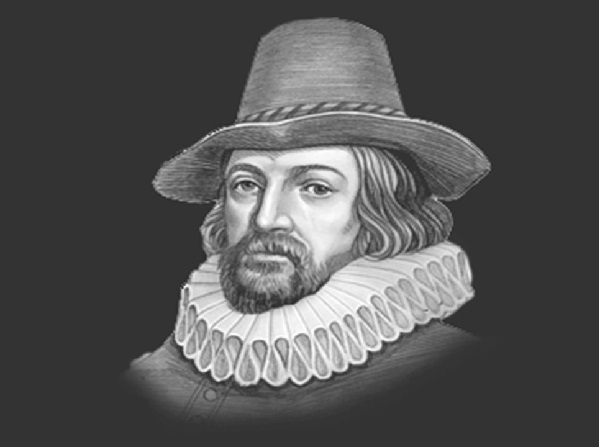Of Studies by Francis Bacon
Known as a Renaissance man, Francis Bacon was an English philosopher, lawyer, statesman, scientist and man of letters. He is famous for his books The Advancement of Learning and Novum Organum. He is known as the father of English essays. He emulated the tradition of writing essays from French writer Montaigne. His essays are written in the aphoristic style. They are short, sharp and full of wisdom. He died of pneumonia which he caught while making an experiment of preserving meat in ice.
Summary
‘Of Studies’ written by Francis Bacon is a short and witty essay from the Collection of Essays. Bacon shows how study matters in a man’s life.
Bacon begins his essay mentioning the three purposes of the studies. They are delight, ornament and ability. He considers that an expert man can deal with any affair with efficiency. However, he states that spending more time in studies causes laziness. The use of embellished words and accumulated knowledge in the discourse is impressive. However, too much use of them can make a learned person look showy. Bacon also considers that making judgements based solely on bookish knowledge is the humor of a scholar.
Bacon makes an analogy between natural plants and the natural abilities of a person. The plants which could grow in any direction are cut off for artistic structure and overall improvement of the tree, similarly, the natural abilities of a man need to be nurtured by studies. He says the clever people hate studies as they perceive studies don’t help people. They, in most cases, cope with different situations of life without the need for studies. On the contrary, simple men praise studies and those who study. Besides clever and simple men, wise men take the best out of studies as they know how to use the knowledge from books in real life.
Bacon advises the reader not to read to show someone false or blindly believe in it or not to read for the use of it in discourse, rather the best approach should be to consider. He reminds the reader that some books are only meant to be read partially. Some are to be read but not curiously. There are only a few books that must be read completely. Bacon believes that reading makes a full man; discussion leads to a ready man while writing makes an exact man. He asserts that if a person does not write much, he is required to have great memory because everything he thinks needs to be stored in the memory.
Bacon assures that having the knowledge of diverse fields is very important. This makes a person wise, witty and precise, and helps to increase the depth of the mind. He opines that for every deficit of the mind a cure is to be found in studies.



0 Comments
Please, do not enter any spam link in the comment box.